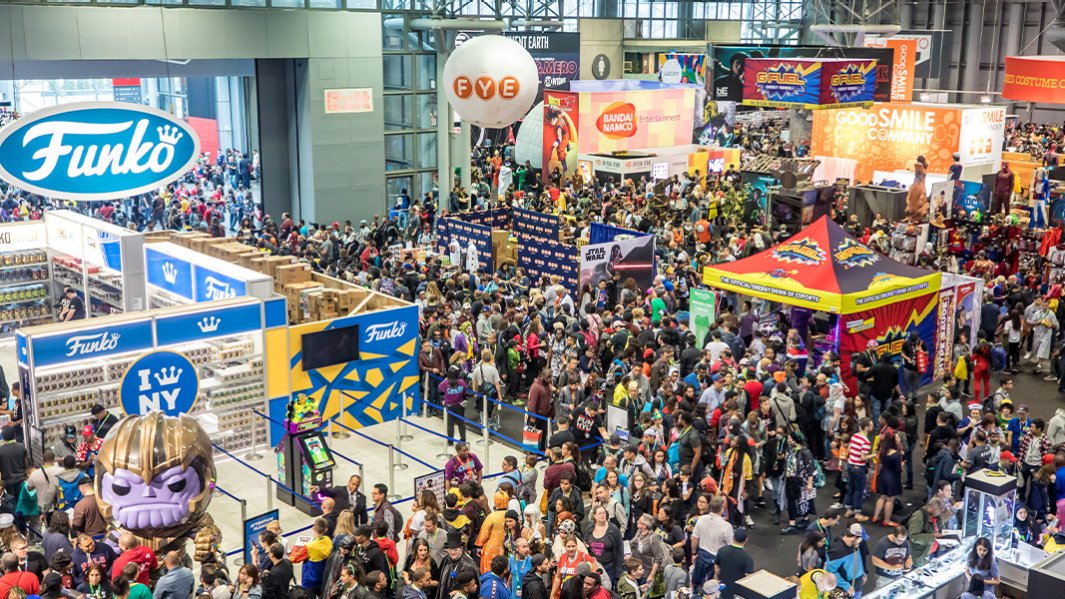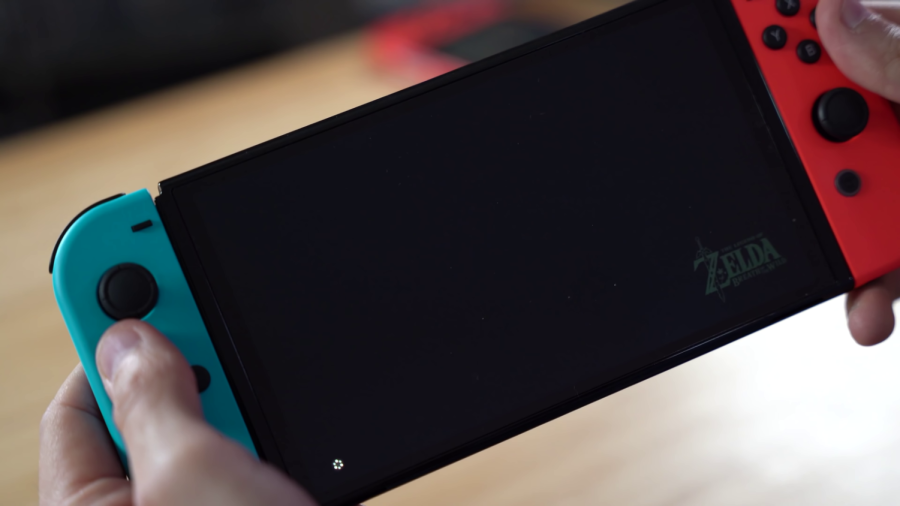Back in my day, there was no such thing as downloadable content. People were restricted to whatever data was written on the game disk. Unless a sequel came out or an additional disk was released as an expansion, there was no hope for seeing any extra content for a game. Kids these days have it lucky. Now they have this fancy online component that adds supplemental material to a game simply through a connection to the Internet. Downloadable content, or DLC for short, is likely to overtake the production of disks overall, though probably not for some time. However, with as fast as it has evolved and risen through the sales charts, it’s a contender that’s bound to stay, and with it, make or break the market.

When executed properly, DLC is something that can add some serious life to a game for a small amount of money. It doesn’t limit itself to additional material either. Independent developers are able to release their own games online, and these games usually run for several hours. Other higher-budget DLC games can provide hours of content, but don’t need a disk and are a massive fraction of the cost of a retail game.
But the value of DLC varies wildly, and some developers fail to grasp the concept well, or are just abusing it. Case in point, Mass Effect 2, one of my favorite games, was released in January of 2010. Mass Effect 3, the highly awaited sequel, is due for release early next year. It’s a two-year wait that has been tough for some. Between the releases, several packs of DLC have been also been released. Two of which add two entirely new characters for the team and some extra missions. Arrival, which takes place as an epilogue of sorts, and a brief introduction into the next game, was released in March this year. Sure, the package cost $6 and didn’t provide an abundance of material, but it satiated appetites enough to hold people over until the next release.
It’s an example of DLC done right. This is material that was worked on after the release of the game and gave some people additional play value to the game by providing some new content, even if it wasn’t much.
And it opens doors for other developers. There are games that are released online that don’t need a disk and are sold at usually under a fourth of the price of a retail game. But spending less does not entail getting less. The quality of these games can sometimes beat popular retail releases. Independent developers can get their own projects on the marketplace available to people for a couple of dollars. Yeah, there are duds, but there are plenty of abysmal failures on consoles.
Some developers didn’t get the memo on how to do it right. It’s disappointing to see many developers abusing this system for profit. I get that the whole point of a business is to make money, but a good amount of gamers don’t constantly have the money to shell out on new games, and I know what it’s like. When I used to only have enough money for one game, I didn’t want to have to spend more just for a better package. When a developer holds back material for a game, it’s really unfair for those that get an incomplete experience.
When Capcom announced Marvel vs. Capcom 3, it also announced that two of the characters would be available as DLC for $5 each. There are multiple problems with this situation. One, in a game with 36 characters for $60, having individual characters for $5 each can be seen as a rip-off to some. I’m well aware that games cost millions to produce, and asking for five bucks is nothing in comparison, so I don’t need that argument thrown in my face. The fact that some people have money doesn’t overshadow that some don’t. What I’m trying to point out is that it’s awkwardly priced compared to the rest of the game, which many argue to be bare-bones as well.
At least it’s not as bad as BlazBlue, which charges $7 for additional characters. Though people may argue that it’s only an hour of work, I’m not paying over 10 percent of a game’s cost for a very minor fraction of an addition.
There is another problem, that instead of telling gamers about the possibility of DLC in the future, they said up front that people will not get the complete experience to begin with, and must buy more material. Call me old-fashioned or another insult that applies, but if content is prepared before release, but is only available to those who have online capabilities and are willing to spend money, I see it as nothing more than a money-grabbing effort. There’s such a thing as catering to fans, and there’s such a thing as emptying their wallets and leaving them down and beaten on the road.
People should not have to spend $3 on a different color weapon, or to buy a new hairstyle for their stupid little avatar. It’s a small cost that adds up quickly.
The third problem is that the data for these two characters were both on the disk. People were only paying money for “unlock keys,” which bypass the locks on the disk and allow access. To release a game and then tell people to pay more money for content already on the disk is insulting. To be fair, I did buy both of the characters. That doesn’t mean I enjoy the practice. DLC is meant to provide an affordable and fair supplement to a game, not extort a gamer for every penny possible.
Unfortunately, DLC issues can manifest within stores as well. Certain releases will include the prospect of getting free unique DLC if you pre-order the game from certain stores. What this usually results in is just frustration and a ton of wasted money. When Mortal Kombat came out earlier this year, different stores gave a free code to unlock a secret fighter outfit. Online auctions erupted as people spent obscene amounts of money to purchase these codes from other people who obtained them. What they didn’t realize is that the Netherrealm Studios, the developer of the game, had plans to release each DLC costume as one package online for five bucks.
This type of practice is common, with the very rare exception of pre-order bonuses that actually don’t ever get released online. With a pre-order, people can save themselves a few dollars, but considering how many people are swindled by this practice, it’s something for which I’m not an advocate. We shouldn’t need that extra prying for something so miniscule, but game packages can be perceived as incomplete without them.
When executed properly, DLC is an amazing addition to video game culture that expands possibilities and opens new doors for future and current developers. I’m just hoping the extortion is one quality that doesn’t evolve as well.
Tim Jones can be reached at [email protected] and followed on Twitter @TimJones90.











